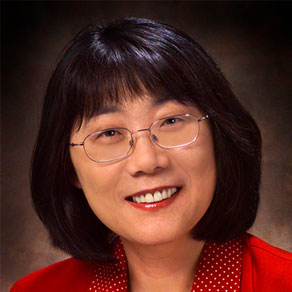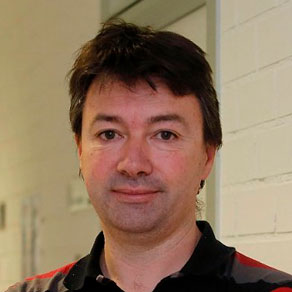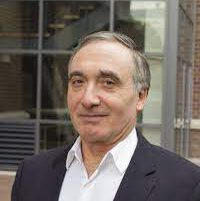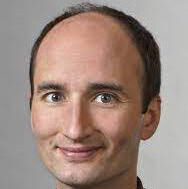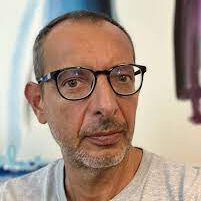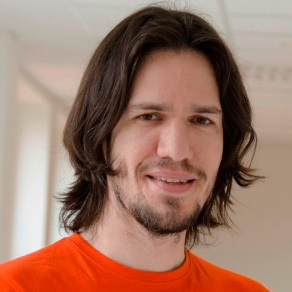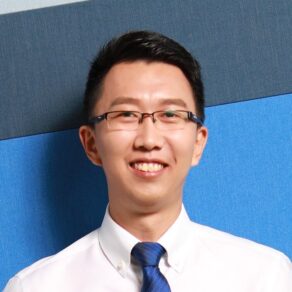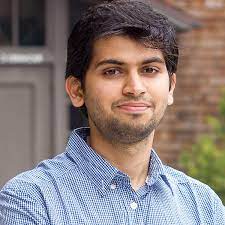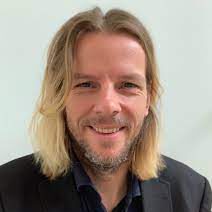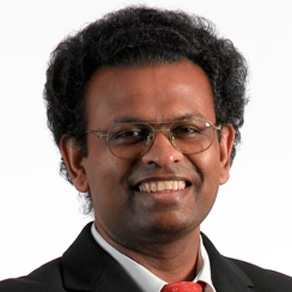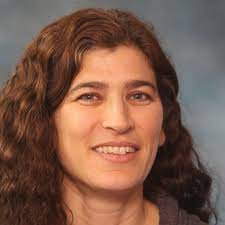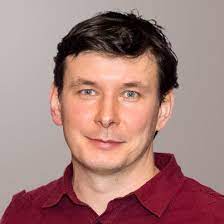
Alex Voznyy
Comparison of Graph Neural Network Architectures for Predicting the Electronic Structure of Molecules and Solids
Summary
Neural networks have shown a proof-of-concept ability to predict a variety of properties of organic molecules and inorganic crystals, promising a significant acceleration compared to density functional theory calculations. Yet, the accuracy of such predictions remains stagnant, especially for more complicated properties related to electronic structure (e.g. band gaps). In fact, a recent comparison of string-based molecular representation and molecular fingerprints as well as stoichiometry-only models for inorganic structures show similar performance, questioning the advantages of graph-based models.
In this talk, I will discuss and compare the various graph neural network architectures (convolution- and attention-based) and the bottlenecks created by the pooling procedure when trying to reproduce the electronic structure of materials. I will discuss the changes to the architecture that enable predicting the projected density of states of materials, as well as the remaining challenges in preserving the interatomic distance information by a graph neural network, explaining its equivalence to structure-ignoring stoichiometric models. Alternative approaches, such as predicting the spatially resolved charge distribution and local density of states, will be discussed.
Short bio
Alex earned his Ph.D. in physics of semiconductors from Chernivtsi National University, Ukraine for his work on electronic properties of nitride semiconductor alloys. In 2004 he joined the University of Sherbrooke as a postdoc, working on organic monolayers on metal and semiconductor surfaces. In 2008 he moved to National Research Council of Canada, where he worked on many-body problems in epitaxial and colloidal quantum dots. Since 2011, Alex worked at the University of Toronto on characterization and modeling of quantum dot photovoltaics. In 2018, Alex became an assistant professor at the University of Toronto Scarborough. His topics of interest are materials for energy storage and novel materials discovery using high-throughput experiments and machine learning.

